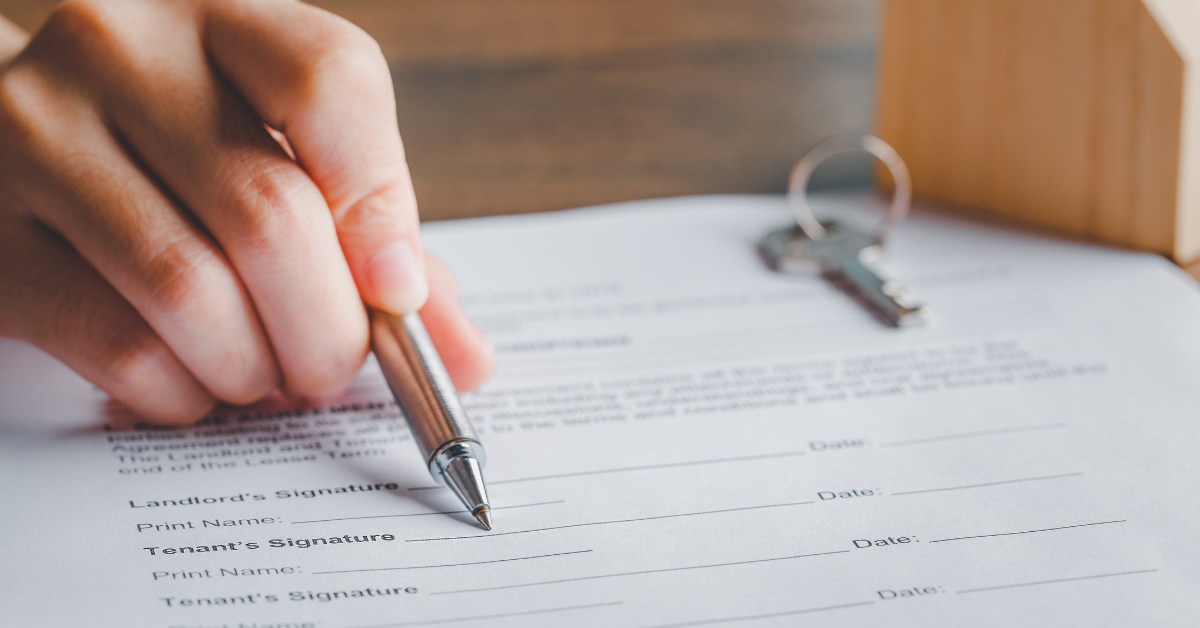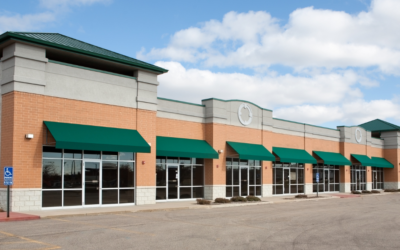Residential Leases can be at times tricky to navigate, as they contain many elements that may not be that straightforward to understand. Simply put, leases are contractual agreements between the owner of the house/unit and the tenant that outline agreeable terms for a set duration of time.
Residential leases often contain contractual components, typically including:
- Agreement Terms: Defining the residential dwelling’s information, including the current condition, and the amount being charged for rent on a monthly basis
- Duration: Outlining the amount of time that the lease will be in effect
- Rules, Terms and Conditions: Contains the rights and obligations of the parties, including repairs, pet allowances, rent due dates and more
Specifically, with respect to the term of the Lease, many often think that leases are automatically renewed, but that is not always the case in the State of New Jersey.
Technically, New Jersey residential leases can automatically renew on a month-to-month basis without a renewal clause if a landlord accepts payment of rent after the expiration of the lease. Leases can also automatically renew for the stated term of a lease (ie. one year) if there is an automatic lease or term renewal clause.
If, however, a landlord wishes to make changes to a yearly lease after the expiration of the one (1) year, that landlord must present a new lease to the tenant at least sixty (60) days before the expiration of the lease. These changes can include but are not limited to increases in rent and rule changes pertaining to a tenant’s use of the property. At that point, the tenant must either accept or reject the lease. If the tenant rejects the lease – and the parties do not subsequently negotiate terms that are mutually acceptable – then the landlord may move to evict that tenant. If a lease is already a month-to-month lease, then the landlord only has to provide thirty (30) days’ notice of a proposed new lease before that landlord may move to evict the tenant if the tenant does not accept the new lease as presented.
With this in mind, be sure to always consult a New Jersey landlord-tenant attorney that will advise you on your rights if you are either a landlord or a tenant in New Jersey. If you wish to learn more about these new regulations or have additional questions about the contents of this blog as well as any of our other services, please contact Abdou Law Offices, LLC at (732) 540-8840.




